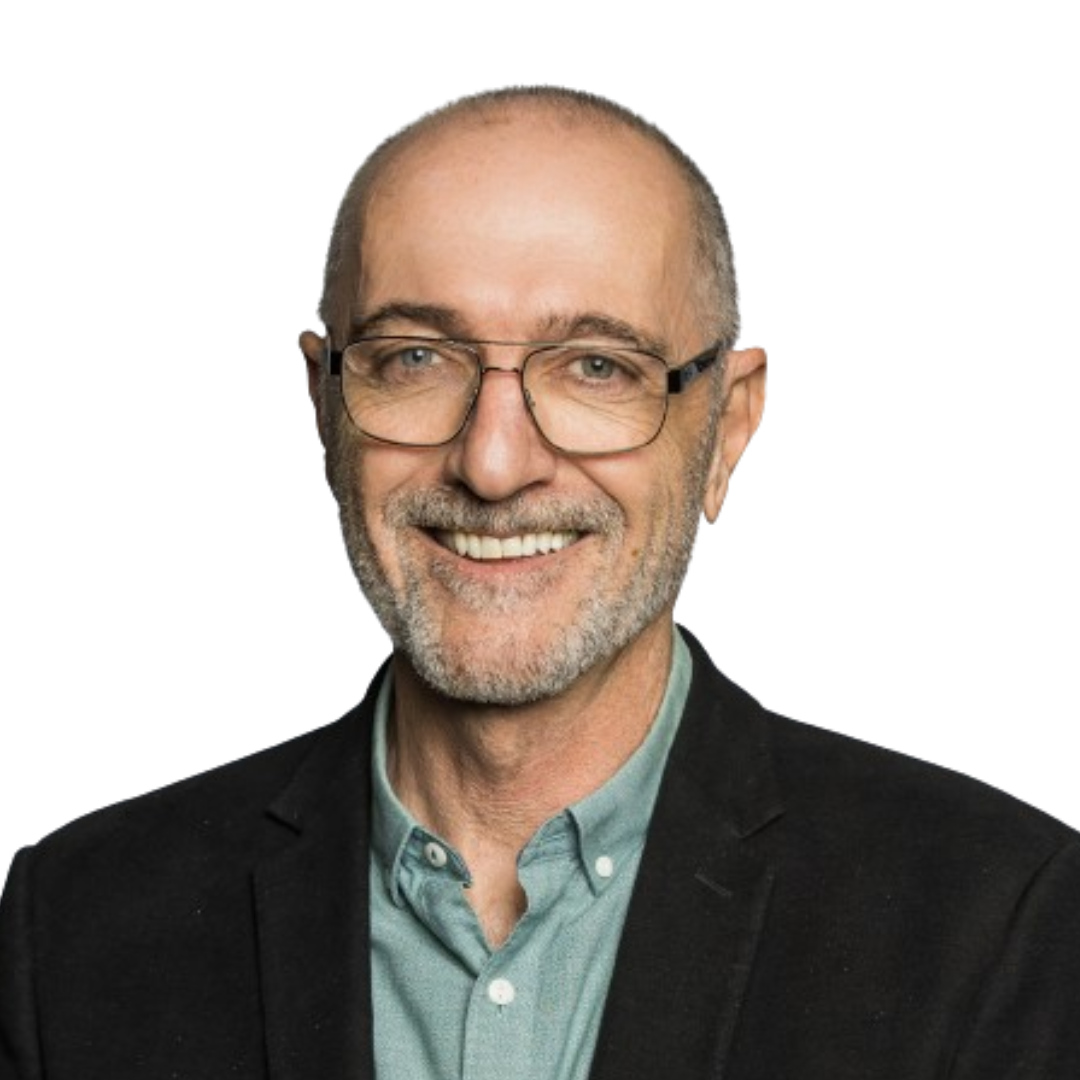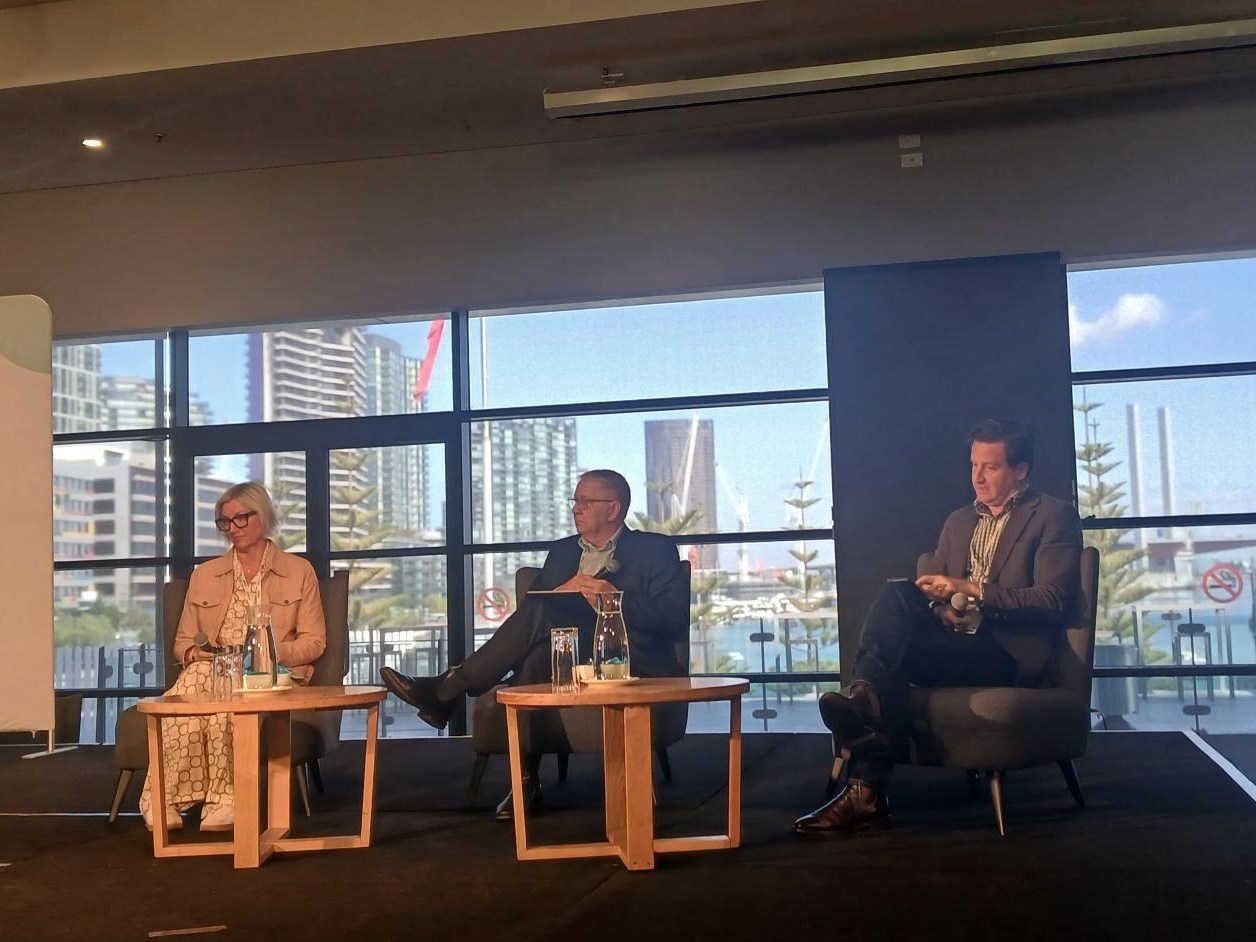Regional, rural and remote aged care providers operate in “thin markets,” but as Invox director and conference emcee Roland Naufal and Comlink Australia chief executive officer Dr Liam Mayo reminded last week’s Invox National CHSP conference, this is just bureaucratic slang for market failure.

The market is not working in regional, rural and remote communities, and it is not working for people who have severe and complex needs living in these areas, Mr Naufal explained.
Solutions that have been popular this year include mergers and acquisitions, which chief executive officers at Whiddon, Apollo Care Alliance, Juniper and Respect said was largely influenced by there being no business case to build in such areas.
It is also influenced by workforce shortages, and the increasingly complex regulatory environment aged care providers currently face, they noted.
Speaking on the Strategies for Remote and Regional Providers panel with Dr Mayo, ADSSI chief executive officer John Baillie encouraged Commonwealth Home Support Program providers to look for merger or alliance opportunities if they are struggling.
But in response to Jodi Livesly – Wesley Mission CHSP sector support and development officer and panel host – pointing out that many providers are “really fearful” of mergers out of concern they will lose their sense of self, he reiterated that providers should be careful to maintain a sense of community identity during such instances.
“From my perspective, there are a couple of things that we need to think about when we’re talking about mergers and I’d actually like to stop using the phrase mergers and start using the word alliance. This is about alliancing between organisations to address what is essentially a problem that the individual organisation can’t manage on its own,” Mr Baillie said.
“So our approach has been to, as much as possible, ensure that the values of the organisation are high because if you don’t get your values aligned, then you’re off to a bad start.
“One of the things we really need to do is make sure that we don’t lose that local identity and if you think about that, then the community is able to retain what it has built over many, many years, but through an alliance arrangement have some of the problems solved.”
“The risk is, if you don’t come forward and don’t try and tackle the issue, then you’re the one who’s going to be left to turn the lights off, and I don’t want to be that person in a small community,” he added.

Dr Mayo agreed with Mr Naufal’s re-characterisation of the “thin market concept” and added that the vulnerability often lies with leadership getting in its own way.
“I think if we fundamentally agree that people who live in their homes and their communities are an asset and we want those people to remain there and the organisations that support those people to do that… [they] belong in that community. It’s about getting out of our own way to create these alliances,” he said.
But language is important in this space, emphasised Dr Mayo, who also encouraged delegates to move away from the notion of mergers and acquisitions and to “stop thinking we’re running Fortune 500 communities.”
Instead, the focus should be on building a good community organisation and seeking out other groups that are doing the same thing.
The other key message for providers in regional, rural and remote areas Mr Baillie shared was to “innovate in everything you do.”
“Whether it’s the way that you approach the management of your finances, whether it’s the way you approach recruitment, whether it’s the way you approach governance, or whether it’s the way you structure your entity as part of an alliance… if you don’t innovate, you’re going to get stale, and you know what happens to stale bread,” he said.
This story first appeared on Australian Ageing Agenda, a Positive Impact Media publication.

